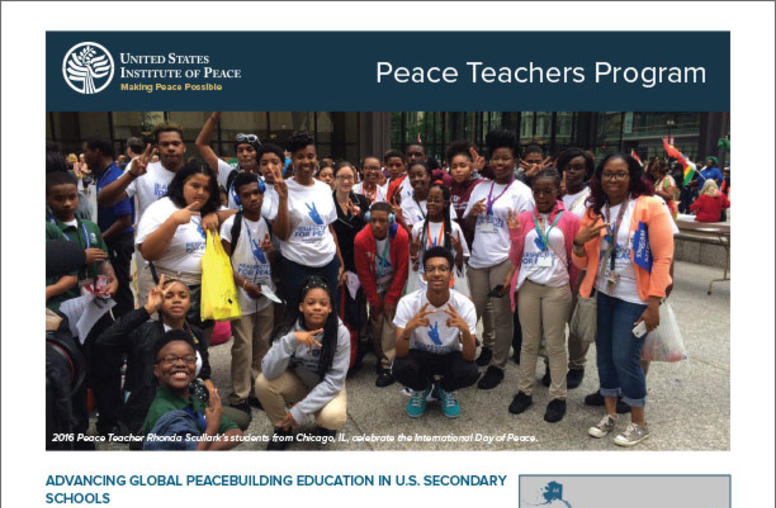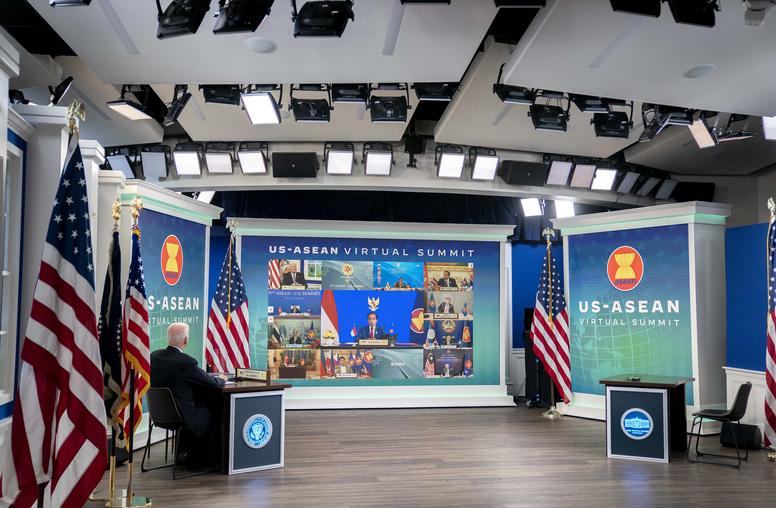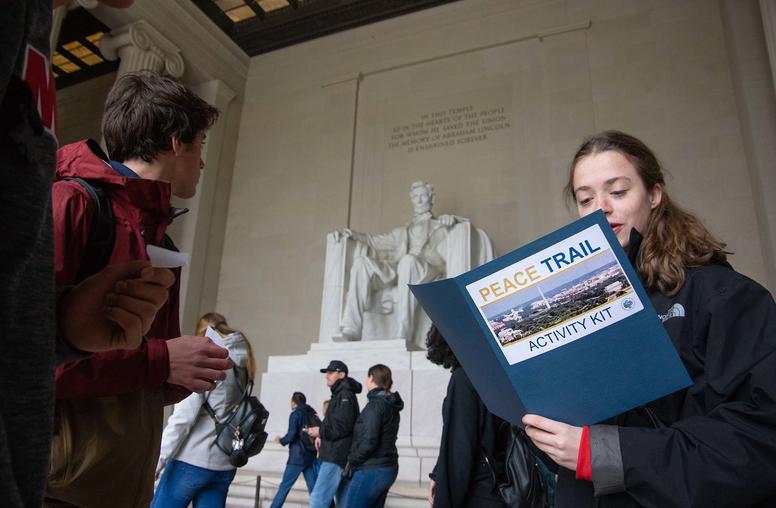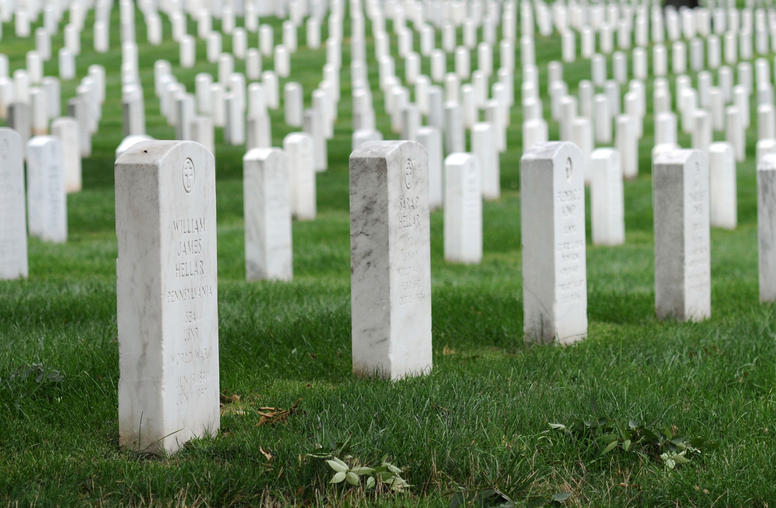Honoring Veterans by Working to Stop Conflicts
Every Veterans Day, our nation pays tribute to those who have defended America through military service. There is no better way of honoring this service than recommitting to preventing violent conflict where we can, reflecting the truism that the best battles are those never fought. That is the work of the United States Institute of Peace (USIP). Put simply, we stop fights. As a ground combat veteran of Vietnam who knows the terrifying and tragic reality of violent conflict, it is a special privilege for me to lead this organization.
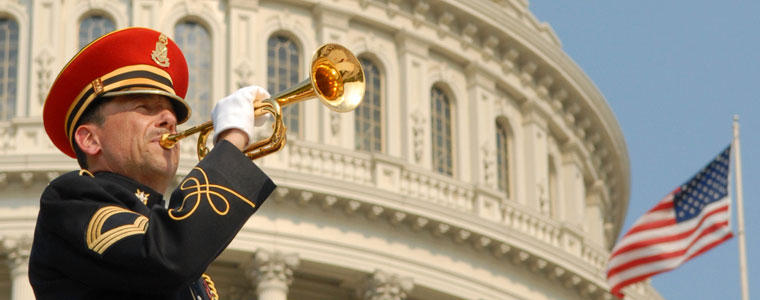
Some situations demand intervention; some conflicts must be engaged. But military intervention is costly in both blood and treasure. Dwight Eisenhower once remarked that he hated war “only as one who has seen its brutality, its futility, its stupidity.” I and many other combat veterans share his view.
There are many other tools available – short of sending our troops into battle – for resolving conflict. We honor veterans by being always mindful that our national interests are best served by seeking non-violent ways to prevent and manage conflicts where possible, and by helping others recover from conflict and build sustainable peace in its aftermath.
When the U.S. Congress established USIP with bipartisan support in 1984, it cited the need “to develop fully a range of effective options, in addition to armed capacity, that can leash international violence and manage international conflict.” With its independent mandate, the Institute has been carrying that vision into the field, working in conflict zones and training thousands of peacebuilders in both civilian organizations and the U.S. government and military. It is work that reflects our ideals as Americans and that protects the interests of America and our allies.
We help mediate and encourage dialogue among parties at odds and expand local skills in managing conflict. We also strengthen the ability of societies to avert violence through advances in the rule of law, governance, interfaith dialogue, youth education, gender relations, media and technology. We develop peaceful tools that our country and its international partners can employ to deal with conflict.
In Afghanistan, where U.S. and international military forces are being drawn down, it is in America’s interest to emphasize the importance of credible national elections next year as a building block for future peace and stability. Strengthening community-level dispute resolution councils and improving the understanding and operation of the country’s traditional justice mechanisms contribute to a more stable peace. Employing the media, with their broad reach, as partners can introduce concepts like rule of law, positive roles for youth and the value of legitimate elections. These approaches are in addition to the more straightforward training and advising underway inside Afghan ministries preparing for reduced U.S. military support.
Similar efforts continue in Iraq after the withdrawal of U.S. troops. In a country long governed by dictatorship, dialogues among citizens, police and judicial officials on sensitive justice and security issues are critical to building trust and respect for rule of law. Bolstering the capabilities of Iraqi minorities to defend their interests peacefully, training conflict mediators, working with media to reduce incitements to violence and helping youth and religious figures to foster peaceful coexistence across sectarian lines contribute to a sustainable peace – in Iraq or any post-conflict society.
During the U.S. military engagement in Iraq, the Institute was asked by the U.S. Army’s 10th Mountain Division to mediate between Sunni sheikhs and Shi’a civil authorities in the “Triangle of Death.” The effort resulted in a compact to restore security and services and a remarkable drop in U.S. military casualties. The Institute was also tapped to facilitate the Iraq Study Group, whose findings were credited with charting a different Iraq strategy that reined in insurgent violence and allowed an orderly withdrawal of American fighting forces.
Of course we are not alone in working on non-violent prevention and resolution of conflict. USIP, like our armed forces, is one tool among many to advance U.S. interests and promote our national security. Other U.S. government agencies, non-governmental organizations, and others promote American interests and preserve stability abroad. Today we pause to applaud our military veterans, and today the men and women of our military, and the men and women at USIP and our partners across the government and around the globe, will do all we can to ensure those who serve in our military are only asked to go into combat when there is no other solution. We owe our veterans nothing less.
Those who have endured war are often among the first to appreciate efforts to prevent it. When we as a nation work to stop violence and strengthen those who are committed to peace, we do much more to honor our veterans than gracious words alone.
